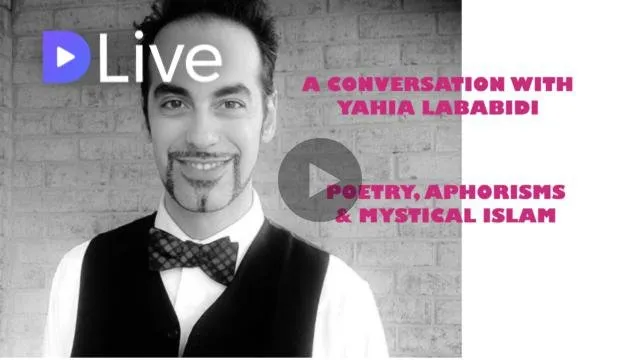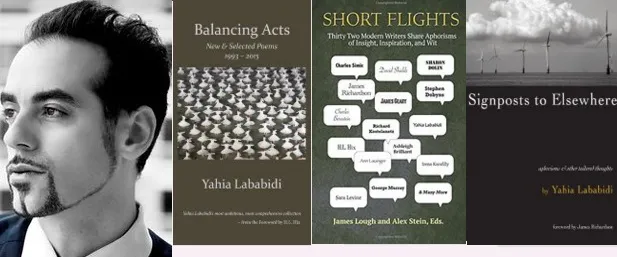
In our increasingly polarized world, I’ve begun to ask myself: what makes for a good conversation, what is the essential criteria for an engaging exchange? Is it being heard, learning something new, human connection, or something else, altogether?
With most of us living behind screens, I’m afraid that we might be getting rusty at the vital art (and sport) of face-to-face, civilized exchange. As someone who lives for and through good conversations, here are some reflections from my personal experience of what I think contributes to valuable human interaction.
Attention is the rarest and purest form of generosity, said Simone Weil, French philosopher, mystic and political activist. This is doubly so, in our hurried and distracted times. To truly listen—with our eyes, ears, mind and heart—is the first step. Conversation is not a series of interrupted monologues, where we are impatiently waiting for the other person to stop talking so that we can sound off. Interested people are more interesting to know and good listeners make for better talkers.

Hear and try to take in the other person with genuine interest. Try to consider how they might have arrived at the positions they hold, for better or worse. Even if their views might seem odious to you, try and see yourself in the other person, and the other person in you. Now, go further; flex your spiritual muscle, and seek the Divine in them. If we are able to see others in this light, then there is no one that we cannot speak with, and we are able learn from everyone.
Conversation, at its finest, is no small matter. It is a chance to touch the soul of another and expand our own. Put differently, we can forge a profound human connection with a perfect stranger because, ultimately, there are no strangers. We might think of others as the missing pieces of our puzzle—the more we know them, the more we know ourselves (and vice versa).
Approaching another with openness, detachment, empathy and humility, we stand to discover something new about the world or ourselves. If we maintain curiosity and reverence for our conversational partner, while remaining willing to be surprised, we might emerge from our talk with them improved, perhaps, transformed.

A hearty talk is also an opportunity to practice radical honesty. If we are not willing to lay our heart bare, and give of ourselves meaningfully, why should they? It’s the first person on the dance floor, willing to make a fool of themselves, that gets the party started.
To be that person requires taking a risk and courage, as all-important human interaction does. Pre-Socratic Greek philosopher, Heraclitus, puts it this way: “Man is most nearly himself when he achieves the seriousness of a child at play.” That’s what conversation is: serious play.
In a sense, all of life is conversation, really—with ourselves, others, this world and the Next. In conversation, as in real life, violence is a failure of imagination and an admission of defeat. Polite provocation can spark a healthy debate, where we are challenged and challenging.

But, if a passionate, spirited, enthusiastic discussion devolves into one that is angry, vicious, or condescending, all the latent good of the exchange is lost. Good talk is an art, like dance, where we take turns leading and come back together. It is also a sport, but not a competitive one with winners and losers, rather one where the shared goal is to keep the ball up in the air.
Paradoxically, good conversation must also respect silence. The same way having something to say comes from quiet contemplation, and writing is born of reading, so non-verbal exchange in a conversation is as significant, if not more, than what is actually being said. Try not to rush the silences, yours or another’s, out of nervousness, fear or awkwardness. Give time for what is said to sink in and be processed. It’s a rare privilege to be allowed to think, wordlessly, in the presence of another and an act of trust.
Ultimately, conversation is a living thing, and nothing alive can be calculated or anticipated. There are no hard and fast rules for social intercourse that cannot be broken or rewritten. But, if we keep these basic guidelines, loosely, in mind next time we interact with a fellow human being in real-time, we might be rewarded with a conversation that is revelatory, entertaining, civilizing.

